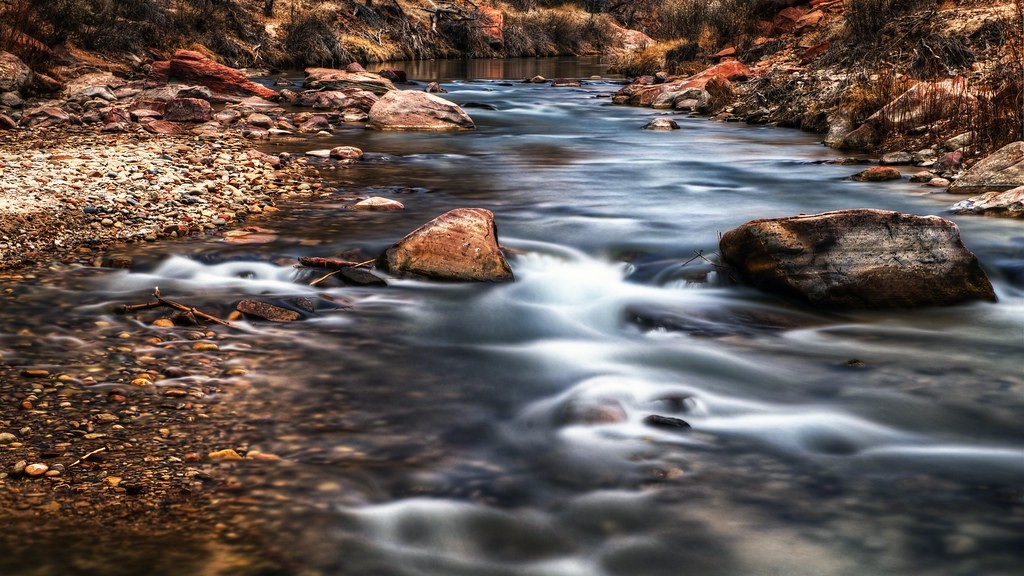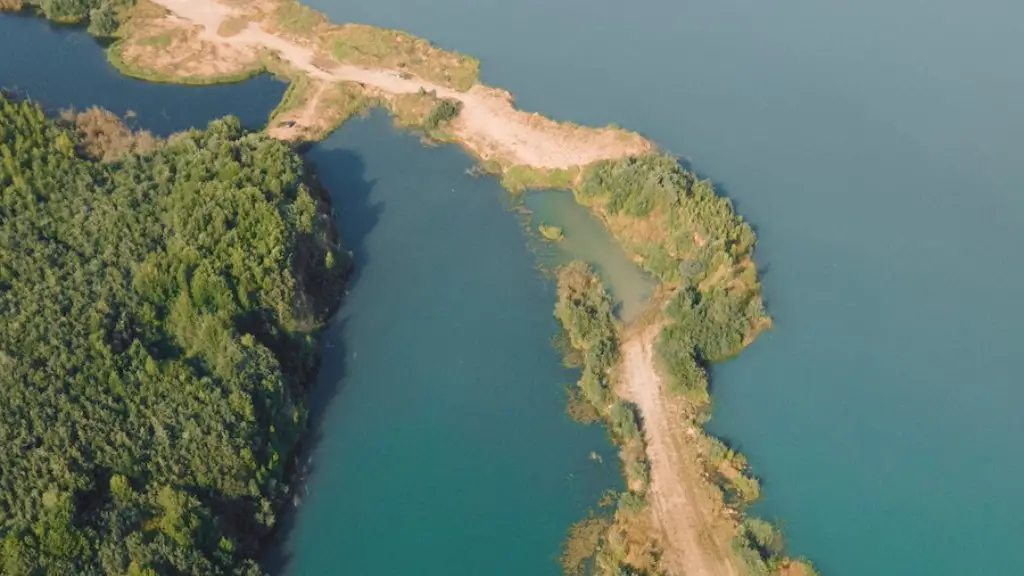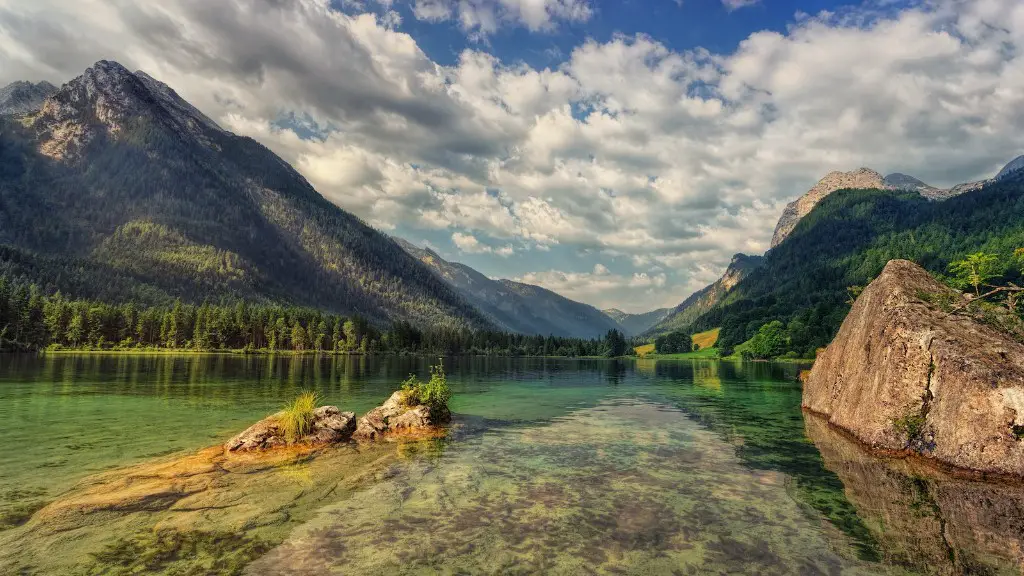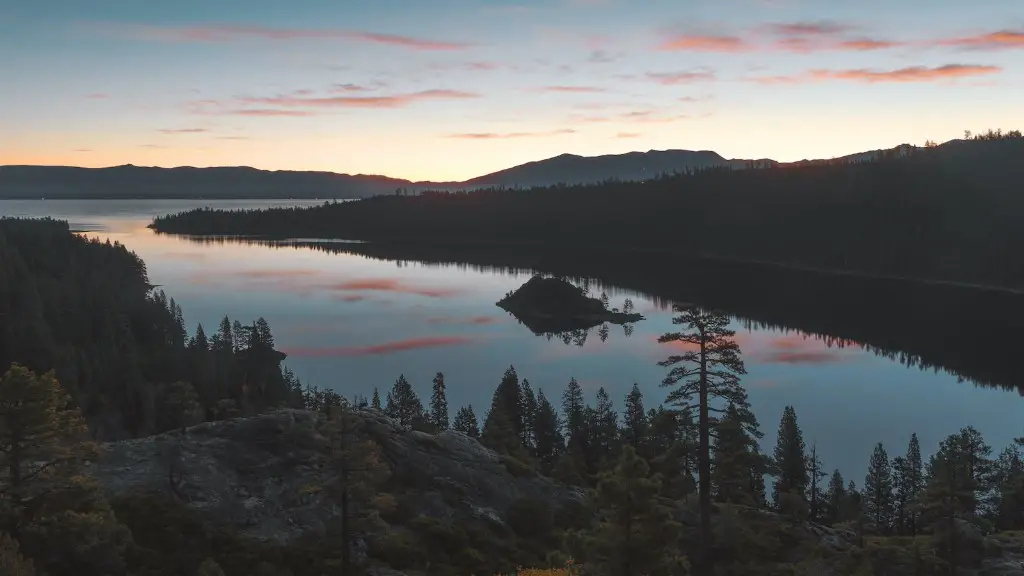Origin
The Mississippi River was named by the Ojibwe Indians, with the French adapted the original name from the native people. In their language, the word “Misi-ziibi” means “Great River”. The French used the name “Mississippi”, and it gained prominence with the establishment of French colonies in the area. Over time, the name of the river has been Anglicized to its present form.
Exploration
Long before its name came to be known, European explorers sought to explore the great river first discovered by the Ojibwa Indians. The first Europeans to sail up the river were Hernando de Soto, who reached the river in 1541, and René-Robert Cavelier, Sieur de La Salle, in 1682. La Salle is said to have claimed a vast area of land drained by the Mississippi and its tributaries in the name of France, dubbing it “Louisiana”.
Origin of the name
The origin of the name “Mississippi” is still debated today. According to some sources, the name may have originated from the Ojibwe term “Misi-ziibi” meaning “Great River”. Other theories suggest that it may have come from a French variant of the Anishinaabe term “Misi-ziibi” meaning “River of Big Waters”. Some experts also point to the historic Anishinaabe name for Lake Michigan as another potential source for the name. It is likely that the name “Mississippi” was derived from multiple sources.
Geography
The Mississippi River is the second longest river in the United States, after the Missouri River. It has a total length of approximately 2,320 miles and is considered to be one of the ten largest rivers in the world. The Mississippi River drains about 41 percent of the United States and is the primary river of the second largest watershed in North America. It flows through 10 states and boasts an impressive watershed that encompasses 31 states and 2 Canadian provinces.
Significance
From providing a waterway for commerce and transportation to creating fertile land for settlements and agriculture, the Mississippi River has played an important role in the history of the United States. The area around the river was a focus of trading and commerce and is still one of the most important regions in the country. The river was also used by the French to transport goods and supplies to the expanding American settlements in the Midwest.
Legacy
The Mississippi River is a symbol of the United States and its history. It has inspired generations of writers, including Mark Twain whose works such as Life on the Mississippi and Adventures of Huckleberry Finn immortalized the river in literature. The Mississippi is also a source of pride to many in the country, representing the strength and spirit of the nation.
Geology
The Mississippi River is one of the oldest rivers in the world with an estimated age of approximately 50 million years. The river was formed by the melting of glaciers during the Pleistocene Era and is constantly changing due to the erosive power of the river on its banks and bottom. The sediment that is being eroded and carried away by the river adds to the fertility of the land, allowing many species of plants and animals to thrive.
Environmental Impact
The Mississippi River is one of the most heavily used rivers in the United States. The numerous dams, locks, and levees have transformed the landscape and disrupted the natural flow of the river. In addition, there is the danger of the river becoming polluted due to the large amount of agricultural and industrial runoff that is ending up in the river. Also, overfishing is another issue prevalent in the Mississippi, as many species of fish are still at risk.
Recreational Use
The Mississippi River is an important recreational resource for the many people who come to enjoy its waters. There are numerous public access points along the river and it is a popular destination for kayaking, fishing, and boating. The river is also the site of numerous festivals and celebrations, such as the Arkansas River Fest, held each June. The festival brings thousands of people from around the world to celebrate the importance of the Mississippi.
The Mississippi River serves as a critical component of the American transportation system. The network of locks and dams allow large barges to navigate the river and transport commodities up and down the river. It is estimated that over 40 percent of both grain and coal shipments within the United States is transported down the Mississippi River.
Commerce
The Mississippi River is a major hub of American commerce and serves as a major transportation route for goods and services. From agricultural commodities to petrochemicals to manufactured goods, countless goods and services move up and down the river. The numerous ports and cities along the river have become hubs of trade and commerce, serving as important drivers of the regional economy.
Natural Preservation
The Mississippi River is also home to some of the most important ecological resources in the United States. There are over 25 nationally protected areas along the river, including wilderness areas, recreation areas, and wildlife refuges. These areas provide both habitat and protection for a variety of species, many of which are listed as endangered or threatened.
Reconnection Efforts
The Mississippi River presents an opportunity to restore and protect the many valuable environmental and economic resources that the river provides. A variety of state and federal initiatives have been established to help protect and reconnect the many species that rely on the river. These initiatives focus on restoring natural habitats, protecting species, and improving water quality.



